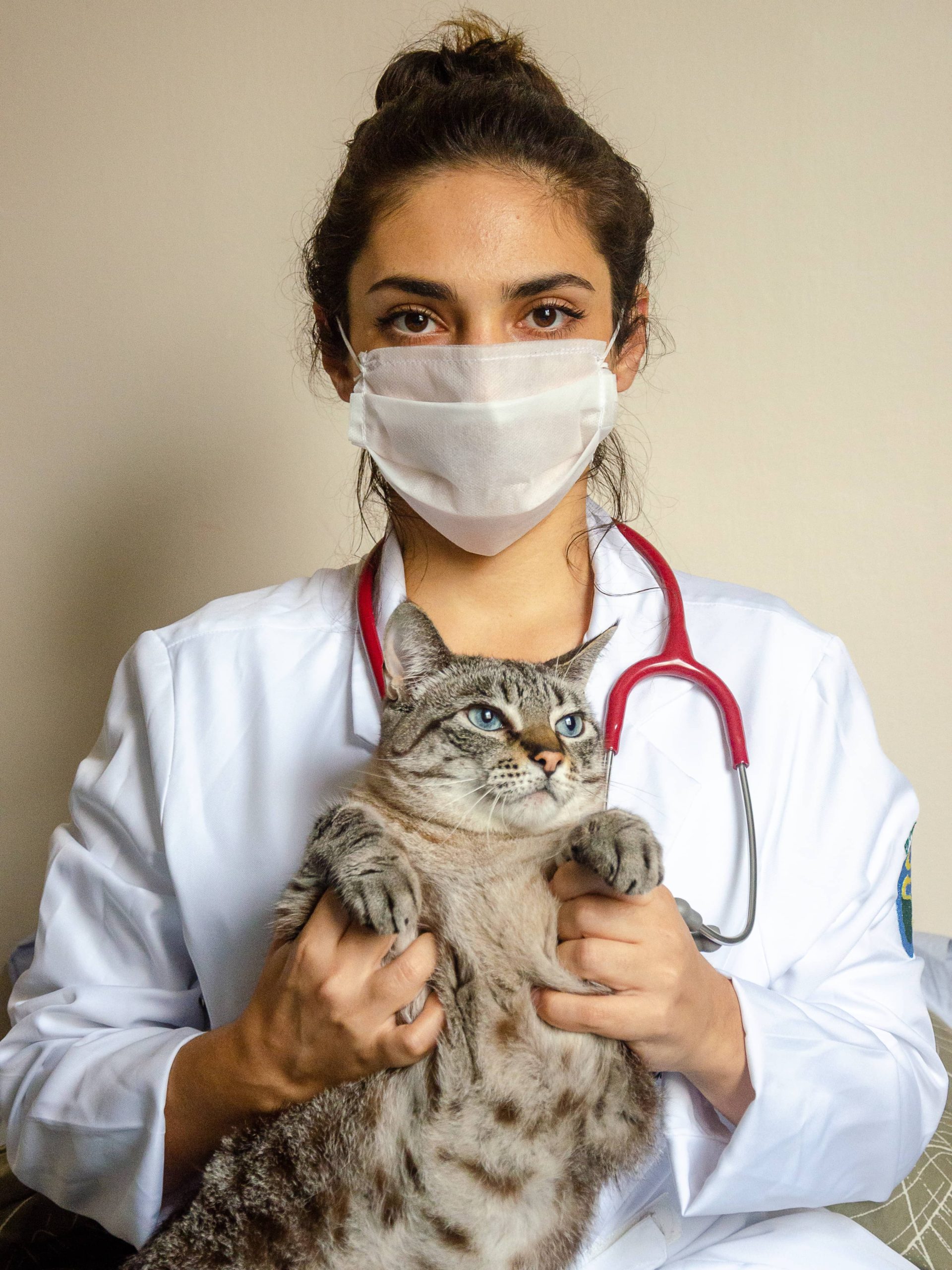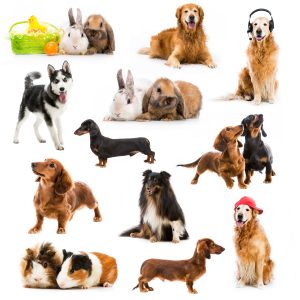
Maintaining a healthy weight is just as crucial for our pets as it is for us. Being overweight can lead to a range of health problems in pets, including diabetes, heart disease, arthritis, and decreased longevity. Conversely, underweight pets can face nutritional deficiencies and decreased immune function. Achieving and maintaining a healthy weight is vital for the overall well-being and happiness of your furry friends. Here are several ways to ensure your pet stays at a healthy weight.
Regular Exercise
Regular physical activity is essential for keeping your pet healthy. Exercise helps burn calories, prevents obesity, and supports muscle and joint health. Dogs typically require more vigorous and varied exercise than cats, but both need regular activity suited to their breed, age, and health status.
For Dogs:
Daily walks, playing fetch, agility training, and swimming are excellent ways to ensure your dog gets the exercise they need. Aim for at least 30 minutes to an hour of physical activity each day, split into manageable sessions.
For Cats:
Cats can be more challenging to motivate, but interactive play with toys, laser pointers, or climbing trees can stimulate their activity. Play sessions lasting 10 to 15 minutes several times a day can significantly impact their health.
Balanced Diet
Feeding your pet a balanced and nutritious diet is crucial in maintaining their healthy weight. Consult your veterinarian for dietary recommendations tailored to your pet’s specific needs, considering their age, breed, activity level, and health condition.
Quality Pet Food:
Choose a high-quality pet food that lists meat or fish as the primary ingredient. Avoid foods with excessive fillers, artificial colors, and preservatives. Premium pet foods are often more nutritious and balanced.
Portion Control:
Always measure your pet’s food portions based on their ideal weight and activity level. Overfeeding is a common issue leading to weight gain. Follow the feeding guidelines provided by your pet food manufacturer or vet, and avoid free-feeding unless it’s prescribed.
Treats in Moderation:
Treats should constitute no more than 10% of your pet’s daily calorie intake. Opt for healthy, low-calorie treats and avoid giving human food, which is often high in fat and calories and may be toxic.
Regular Health Check-Ups
Regular veterinary check-ups are vital in monitoring your pet’s weight and overall health. Your vet can provide valuable advice on diet, exercise, and any health conditions that may affect weight management.
Body Condition Score (BCS):
Veterinarians often use a Body Condition Score (BCS) to assess your pet’s weight. The BCS is a visual and tactile method to determine if your pet is underweight, overweight, or at an ideal weight.
Routine Monitoring:
Schedule regular weigh-ins and health checks to track your pet’s weight. Early detection of weight gain or loss can prevent more severe health issues.
Hydration
Proper hydration is often overlooked but is essential for your pet’s health. Ensure your pet has access to fresh, clean water at all times. Proper hydration aids digestion, regulates body temperature, and helps with nutrient absorption.
Water Bowls:
Keep your pet’s water bowl clean and filled. Replace the water daily to ensure freshness.
Mental Stimulation
Mental stimulation is crucial for preventing boredom-related weight gain, particularly in pets prone to overeating when bored.
Interactive Toys:
Use interactive toys, puzzle feeders, and treat-dispensing toys to keep your pet mentally engaged and active.
Training and Play:
Regular training sessions and playtime can provide mental stimulation and reinforce the bond between you and your pet.
Specialized Diets
In some cases, a specialized diet may be necessary. Pets with specific medical conditions such as diabetes, thyroid imbalances, or allergies may require a tailored diet.
Veterinarian-Recommended Diets:
If your pet has a medical condition affecting their weight, your veterinarian may recommend a therapeutic diet. These diets are formulated to address specific health issues and support optimal weight management.
Gradual Changes:
Any dietary changes should be made gradually to avoid digestive upset. Introduce new foods slowly, mixing them with the current diet and gradually increasing the new food’s proportion.
Avoid Human Food
Human food is often high in fats, sugars, and other ingredients that can lead to weight gain and health problems in pets.
No Table Scraps:
Avoid feeding your pet table scraps or leftovers. These can be high in unhealthy calories and lack essential nutrients.
Pet-Safe Foods:
Educate yourself on pet-safe fruits and vegetables that can be used as occasional treats. For example, carrot sticks or apple slices (without seeds) can be a healthy snack alternative.
Socialization
Social interaction, especially for dogs, can significantly enhance their activity levels and overall well-being.
Playdates:
Arranging playdates with other dogs can help increase your pet’s physical activity. Interaction with other pets often encourages more vigorous play.
Dog Parks:
Visiting dog parks provides an excellent opportunity for your pet to exercise and socialize simultaneously. Ensure the park is safe and suitable for your dog’s size and temperament.
Conclusion
Maintaining your pet’s healthy weight requires a combination of proper nutrition, regular exercise, mental stimulation, and regular veterinary care. By following these guidelines, you’ll help ensure your pet leads a long, healthy, and happy life. Remember, every pet is unique, and what works for one may not work for another. Always consult with your veterinarian to tailor a weight management plan that suits your pet’s specific needs.






